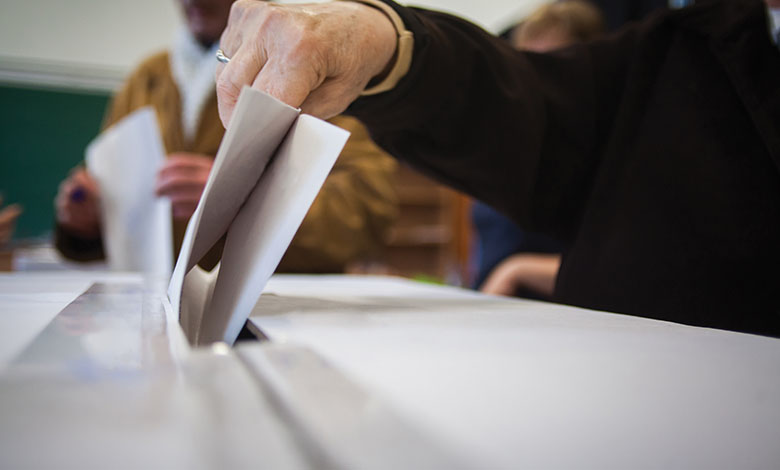Referenda to replace ‘outdated’ language scheduled

After significant delays amid disputes over proposed wording of constitutional referenda, voters will go to the polls to decide whether to endorse two proposed amendments to Bunreacht na hÉireann.
The re-wording of references to family and women in Bunreacht na hÉireann will be put to voters in the form of the proposed 39th and 40th amendments to the Constitution.
The proposed 39th amendment would make the following change (in bold) to Article 41.1 of the Constitution: “The State recognises the family, whether founded on marriage or on other durable relationships, as the natural primary and fundamental unit group of society, and as a moral institution possessing inalienable and imprescriptible rights, antecedent, and superior to all positive law.”
Currently, this section of Bunreacht na hÉireann reads: “The State pledges itself to guard with special care the institution of marriage, on which the family is founded, and to protect it against attack.”
The 39th amendment would also replace the following text: “The State pledges itself to guard with special care the institution of marriage, on which the family is founded, and to protect it against attack.” This would be replaced with: “The State pledges itself to guard with special care the institution of marriage and to protect it against attack.”
The proposed 40th amendment would remove the reference in the Constitution to a women’s life being “in the home”.
Currently, Article 41.2 reads: “In particular, the State recognises that by her life within the home, woman gives to the State a support without which the common good cannot be achieved.
“The State shall, therefore, endeavour to ensure that mothers shall not be obliged by economic necessity to engage in labour to the neglect of their duties in the home.”
The new Article 42B proposes abolishing these sections and replacing them with the following wording: “The State recognises that the provision of care, by members of a family to one another by reason of the bonds that exist among them, gives to society a support without which the common good cannot be achieved, and shall strive to support such provision.”
Delays
The referenda will take place concurrently on 8 March 2024, having originally been intended to be held in November 2023, but was delayed due to a difference in opinion as to the proposed wording. Minister for Finance Michael McGrath TD said at the time that a referendum would not be held until “settled wording” had been agreed between government parties.
Taoiseach Leo Varadkar TD had announced his intention to hold a referendum amending articles 40 and 41, describing the nomenclature as “outdated”.
The measures have united support from the Fianna Fáil, Fine Gael, and the Green Party, and have also been endorsed by opposition parties in the Labour Party, Social Democrats, and People Before Profit.
Sinn Féin was scheduled to hold a meeting of its ard comhairle to decide its position on 3 February 2024. The party has not officially confirmed whether it will support the measure, but Eoin Ó Broin TD has stated that it will.
The only Dáil party to oppose the measures is Aontú, although socially conservative civic groups such as the Irish Women’s Lobby and The Countess have announced their opposition.
Bunreacht na hÉireann
The referenda are scheduled to be the first of this Government’s term, and the first since the referendum on the 38th Amendment in May 2019. The last time there was such a gap between referenda being held in the State was between 1987 and 1992, under the Fianna Fáil-led administrations of Charlie Haughey and Albert Reynolds.
The Government has further failed to confirm if a referendum on extending voting rights in presidential elections will be held before the end of its term, in spite of the proposal having been supported by all the major parties.
However, after delays of over a decade, the Government has confirmed that there will be a further referendum held in June 2024 – likely coinciding with the European elections – on joining the European Patent Court, with the formal constitutional proposal an addition of a new subsection 11 in section 4 of Article 29, providing that the State “may ratify the Agreement on a Unified Patent Court signed at Brussels on February 19 2013”.





